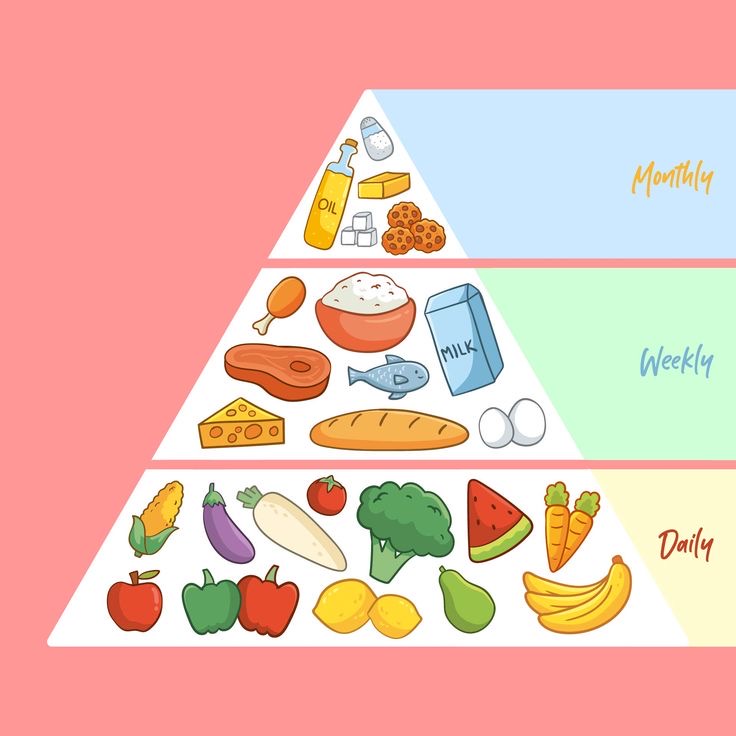
Table of Contents
In the midst of a global pandemic, many of us have found ourselves working from home, practicing social distancing, and facing a host of lifestyle changes. These changes, such as increased sedentary behavior and stress, can impact our overall well-being and body weight. Professor Yiqing Song from the Fairbanks School of Public Health offers valuable tips and resources to help us navigate these challenging times and maintain a healthy lifestyle.
Introduction: Navigating a New Normal
The COVID-19 pandemic has brought about unprecedented changes in our daily lives. From remote work to social distancing, these adjustments have presented new challenges to maintaining a healthy lifestyle and body weight. In this guide, we will explore ten essential tips and resources to help you adapt to these circumstances and prioritize your health and well-being.
1. Monitoring Your Weight For Healthy Lifestyle
Tip 1: Measure and Watch Your Weight
One of the fundamental aspects of maintaining a healthy lifestyle is keeping track of your body weight. Regular monitoring, whether on a daily or weekly basis, provides insights into your weight fluctuations. Understanding changes in your weight can help you make informed decisions about your diet and physical activity.
2. Nourishing Your Body
Tip 2: Limit Unhealthy Foods and Eat Healthy Meals
Balanced nutrition is crucial, especially during challenging times. Begin your day with a nutritious breakfast and prioritize meals rich in protein and fiber while minimizing fat, sugar, and calorie intake. For comprehensive dietary recommendations and weight-control foods, visit Harvard School of Public Health’s Obesity Prevention Source.
3. Ensuring Nutrient Intake
Tip 3: Take Multivitamin Supplements
In situations where access to fresh fruits and vegetables may be limited, consider supplementing your diet with a daily multivitamin. Essential nutrients like vitamins A, B6, B12, C, D, and E, as well as minerals like zinc, iron, copper, selenium, and magnesium, play a vital role in supporting your immune system. However, it’s important to note that there is currently no evidence that supplements can protect against viral infections, and excessive vitamin intake can be harmful.

4. Staying Hydrated
Tip 4: Drink Water and Stay Hydrated, and Limit Sugared Beverages
Proper hydration is essential for overall health. While drinking water regularly is important, there is no evidence to suggest that frequent consumption, such as every 15 minutes, can prevent viral infections. For guidance on safe drinking water during the pandemic, refer to the EPA website.
5. Prioritizing Physical Activity
Tip 5: Exercise Regularly and Be Physically Active
Physical activity is a cornerstone of a healthy lifestyle. Even during periods of social distancing, you can engage in at-home workouts or outdoor activities like walking or running, provided you adhere to local guidelines and restrictions. For further guidance on staying active at home, consult the American College of Sports Medicine (ACSM) website.
6. Combatting Sedentary Behavior
Tip 6: Reduce Sitting and Screen Time
Exercise alone cannot counteract the negative effects of prolonged sitting. Even individuals who maintain a regular exercise routine may face increased risks of conditions like diabetes and heart disease if they spend long hours behind screens. Consider incorporating short breaks, such as brief walks, into your day to reduce sedentary behavior.
7. Prioritizing Sleep
Tip 7: Get Enough Good Sleep
Quality and quantity of sleep are closely linked to your immune system’s function. Aim for seven to eight hours of restorative sleep each night to support your overall health. For more information on sleep, visit the Centers for Disease Control and Prevention (CDC) website.

8. Moderating Alcohol Consumption
Tip 8: Go Easy on Alcohol and Stay Sober
It’s essential to understand that alcohol consumption does not provide protection against viral infections. Furthermore, alcohol calories can accumulate quickly and lead to weight gain. Consume alcohol in moderation and refer to recommendations from the American Heart Association (AHA) for guidance on responsible alcohol use.
9. Managing Emotions
Tip 9: Find Ways to Manage Your Emotions
The uncertainty and stress associated with a pandemic can trigger emotions like fear, anxiety, and sadness. Managing these emotions is crucial to prevent stress-related weight gain. The CDC provides resources to help you cope with stress and anxiety effectively.
10. Utilizing Technology
Tip 10: Use an App to Keep Track of Your Movement, Sleep, and Heart Rate
Leverage technology to monitor your health and activity levels. Mobile apps can help you track your movement, sleep patterns, and heart rate, providing valuable data to support your well-being goals. Remember that individuals with underlying medical conditions should consult their healthcare providers for personalized advice.
Conclusion: Prioritizing Health During Challenging Times
Maintaining a healthy lifestyle and body weight is a continuous journey, and the challenges presented by the COVID-19 pandemic have made this journey more complex. By following these ten tips and utilizing available resources, you can adapt to the current circumstances and safeguard your health. Remember that staying informed, staying active, and seeking support when needed are key to achieving and maintaining a healthy lifestyle, even in these extraordinary times.
Share this content:








